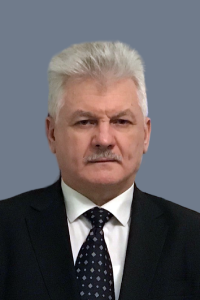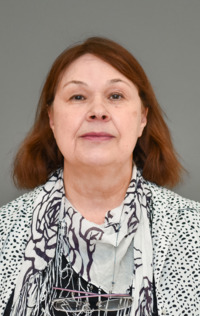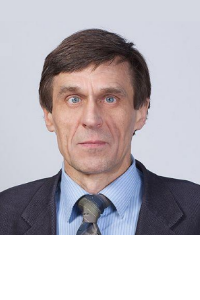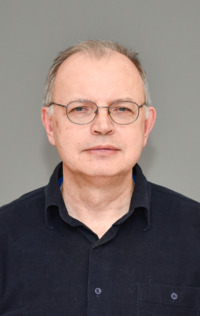Materials and Technologies of Magnetoelectronics
The program aims at training highly qualified specialists in the field of magnetoelectronics who undertake the development, diagnosis and usage of modern advanced magnetic materials and devices based on them. Students study the main classes of magnetic materials in macro-, micro-, and nanoscale versions and technologies for producing these materials. Among the objects of study there are materials used for magnetic recording of information, radio absorption and shielding, hyperthermia and targeted drug delivery, active media of microwave electronics, automation and television equipment, IoT. Graduates of the program are in-demand both in research organizations and high-tech companies as process engineers and specialists in R&D departments.





